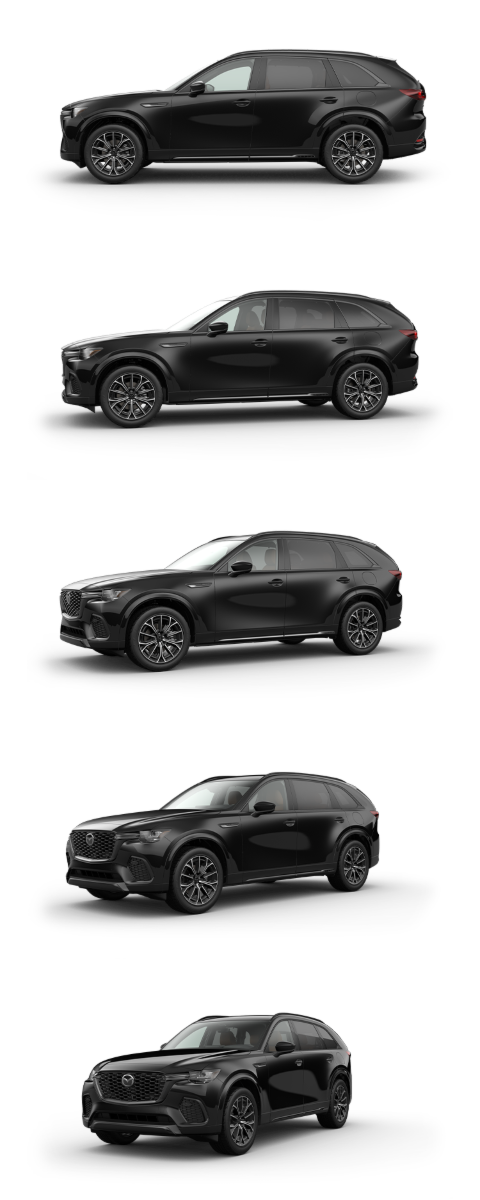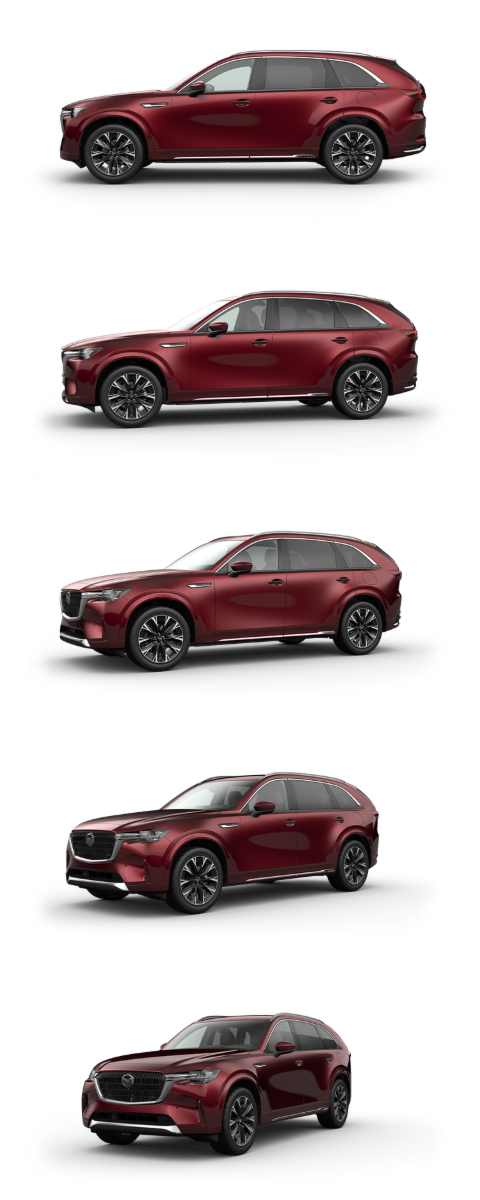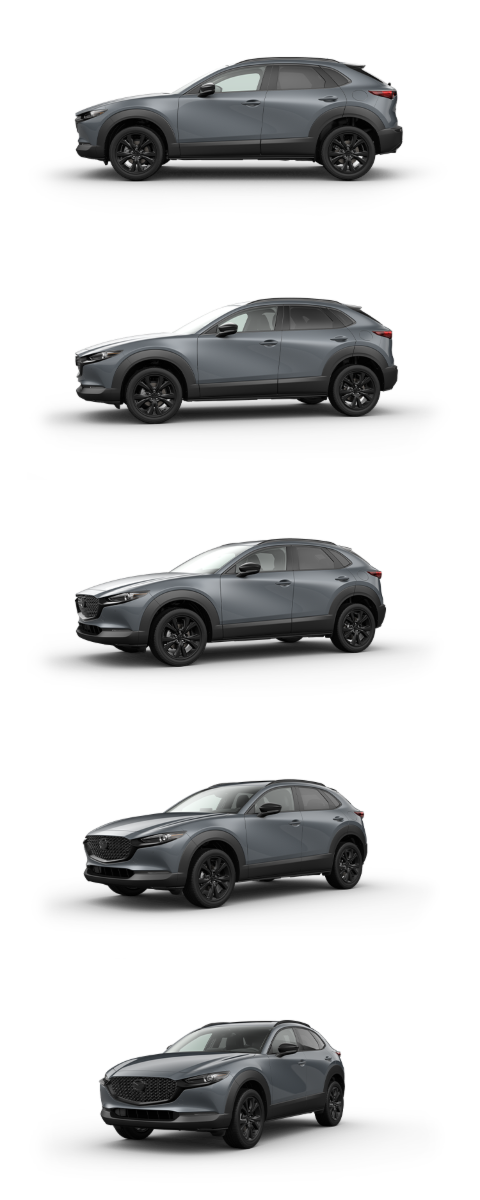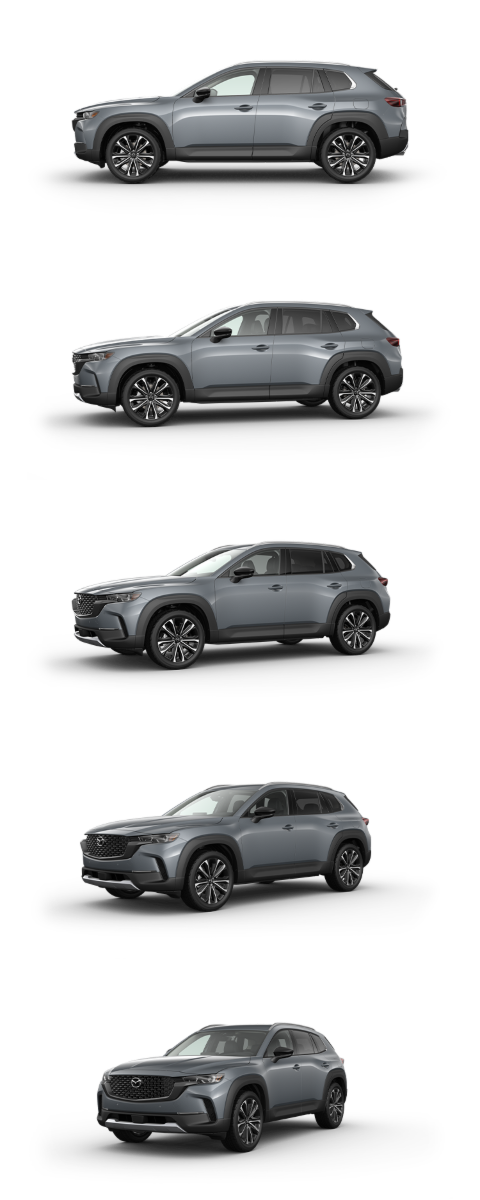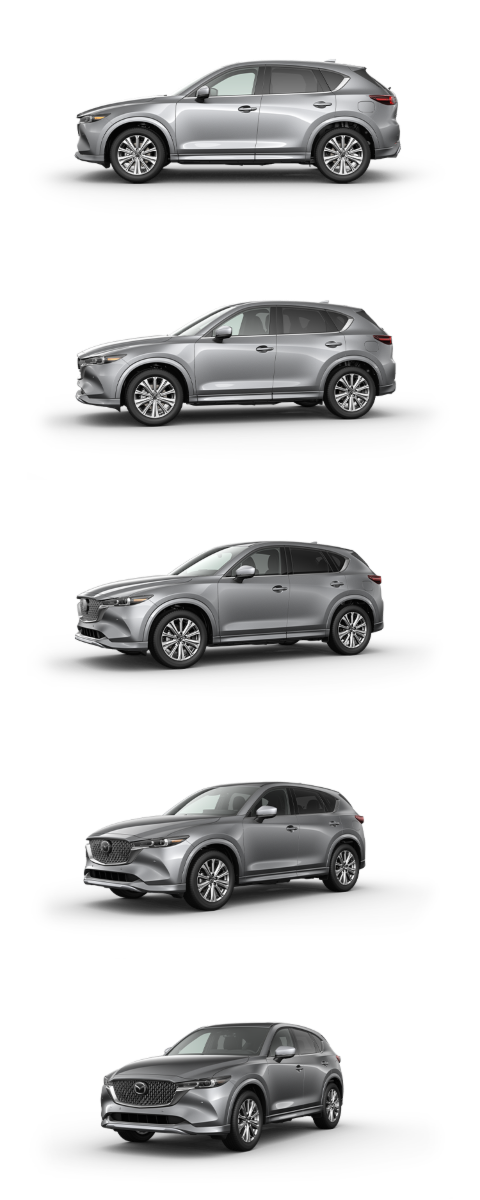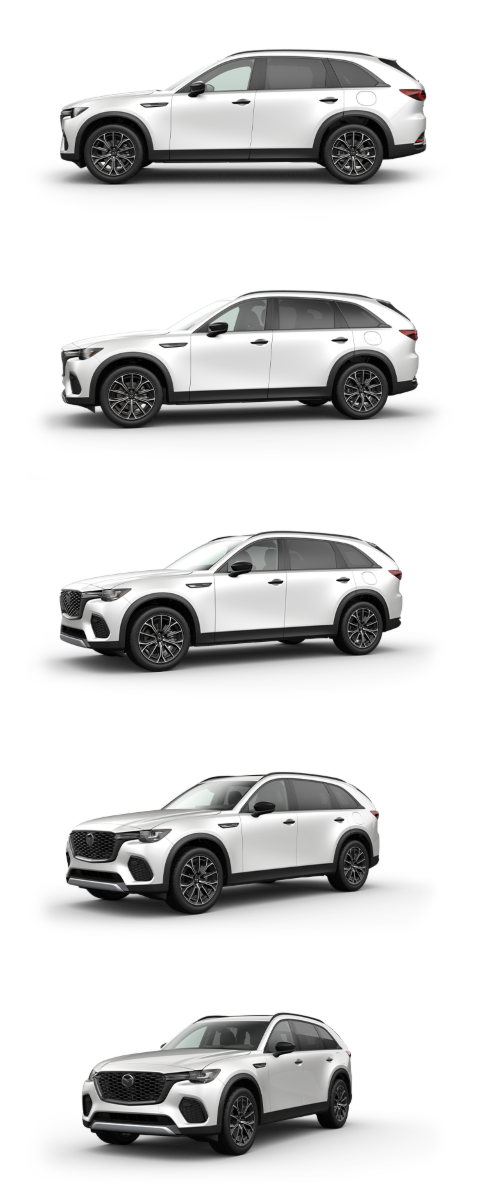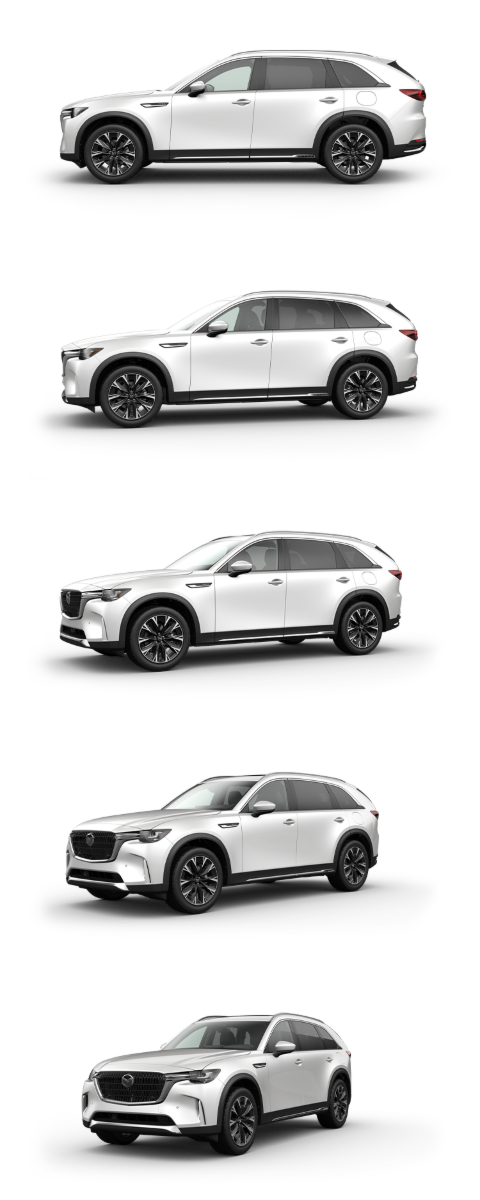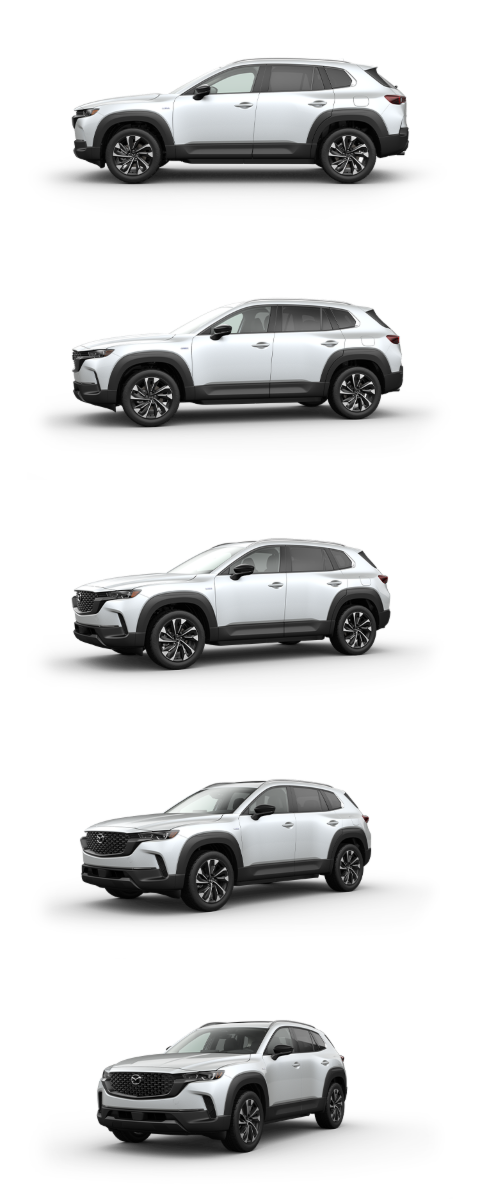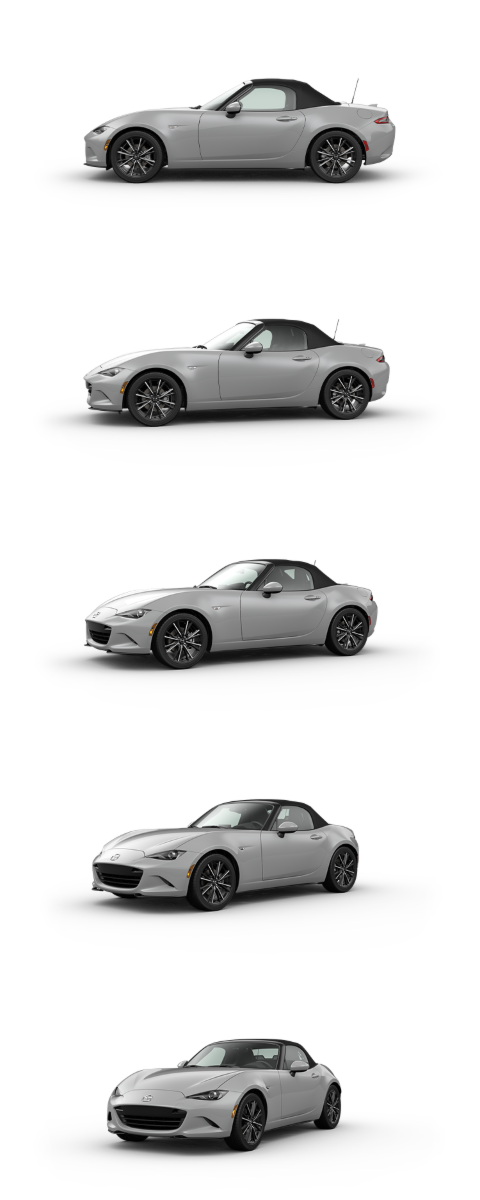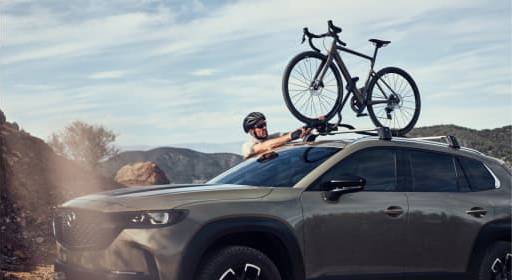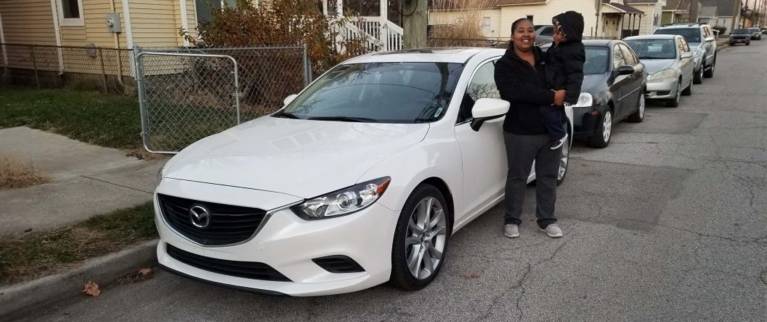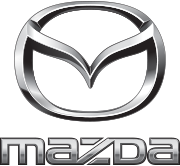What Do You Need to Buy a Car?
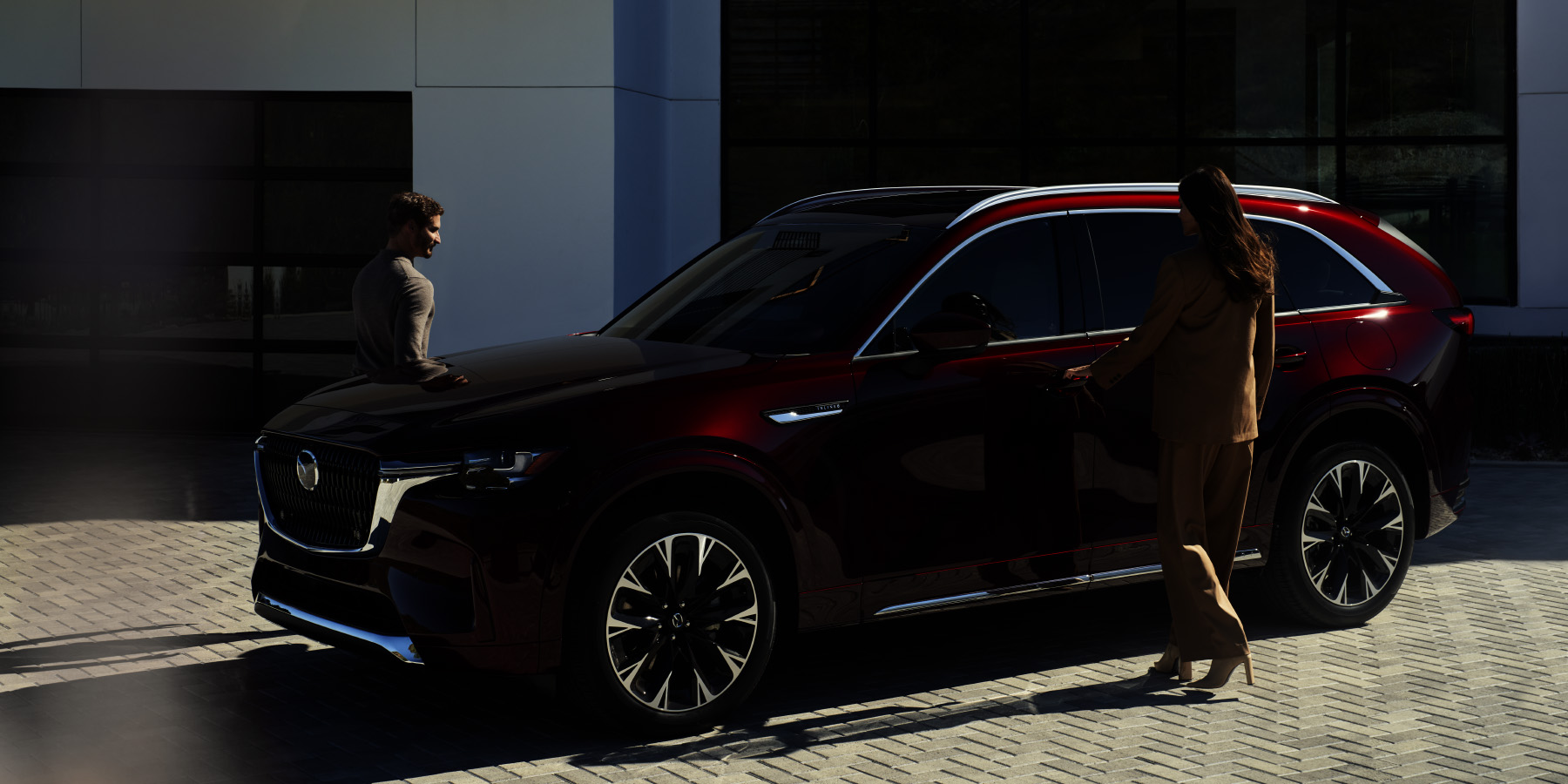
When you’re in the market for a new or used vehicle, there are quite a few things to consider before you step foot on the lot — and to bring once you’ve decided what vehicle you wish to buy. This guide covers the essential information and documents you need to make your car-buying experience at a dealer a smooth one, whether you plan to finance, lease, and/or trade in a vehicle. Keep in mind that regulations may vary by state or municipality.

Before you go to the dealer, make sure you know:
-
One of the most crucial steps in any car-buying process is figuring out what type of vehicle you want. Are you looking for a compact sedan or hatchback, or a more spacious SUV? Do you want a gas-powered vehicle or an EV (Electric Vehicle) or PHEV (Plug-in Hybrid Electric Vehicle)? Narrowing down your options will take time and research, but you’ll feel more prepared than if you show up on a car lot with no strong preferences in mind.
Asking yourself the following questions can help you think more concretely about your driving needs:
● How many people do you anticipate riding in the car regularly?
● What will the primary use of the car be? Will you be using the vehicle for long commutes, daily city driving, towing any recreational equipment, or regular road trips?
● Are there any safety features that are particularly important to you, such as Adaptive Cruise Control, Blind-Spot Monitoring, or Lane-Keeping Assist?
● Do you have specific features or technology preferences, such as driving modes, a sunroof or moonroof, or abundant storage space?
● Are there any non-negotiable factors, such as fuel economy, that you want in your new car?
Having a clear understanding of which vehicle types meet your needs and preferences will allow you to confidently explore your options at the dealership without feeling overwhelmed.
-
The state of your finances will also play a significant role in helping you choose your next vehicle. How much do you have to put toward a down payment? What can you handle in monthly payments without stretching your wallet? In calculating your expenses, you’ll also want to think about potential taxes, registration fees, car insurance payments, and setting aside funds for routine maintenance.
-
Now that you’ve taken stock of your current finances, you’ll have a clearer picture of whether you’ll want to buy new or used. You’ll also be able to make a more informed decision about how you want to buy your car. Will you buy it outright with cash? Finance it through an auto loan? Trade in your existing vehicle to offset the cost? Or lease a new vehicle for a set period?
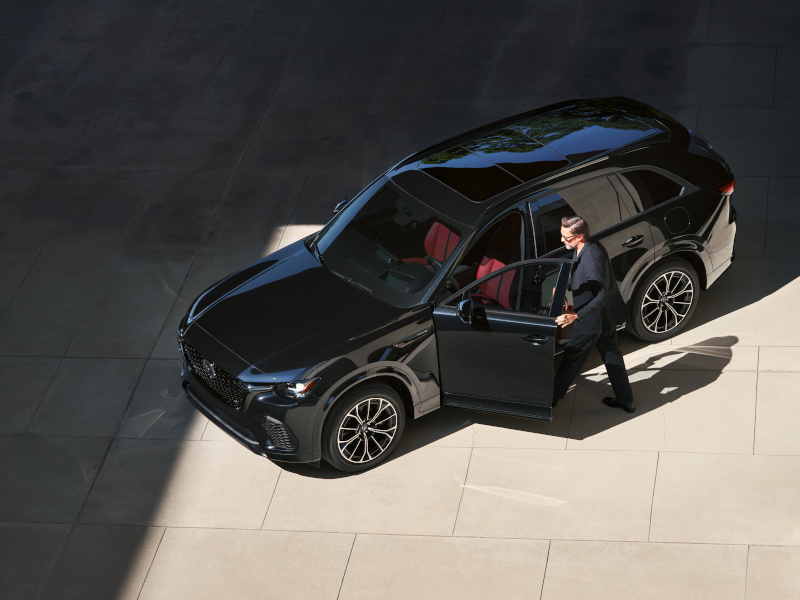
What to bring when buying a car
There’s no way around it — vehicle transactions involve paperwork. The good news is that you can get ahead of the game by knowing what to bring to a car dealership beforehand.
- Driver's license
A valid driver's license is technically not required to purchase a vehicle in the United States so that new drivers like teens can buy a car. However, a driver’s license makes the car-buying process easier especially if you plan to take out an auto loan, which usually requires some form of personal identification. Dealerships also require someone with a valid driver’s license (up-to-date and not expired) to drive the car home or it will need to be delivered to your address.
- Proof of insurance
Insurance is crucial to protect yourself, others, and your investment in case of accidents or unforeseen events. While having proof of insurance isn’t technically required to purchase a vehicle, it is to drive the car off the lot (Virginia and New Hampshire are the exceptions). Dealerships may not finalize the sale without it.
- Down payment with method of payment confirmed
Your down payment is a significant part of the car-buying process. While it’s not necessarily required to make a car purchase, having a down payment demonstrates your commitment to the purchase and — more importantly — directly affects your monthly payments. Make sure that you have the down payment you’ve saved up in an accessible location and confirm with the dealership that your preferred payment method (e.g., cashier's check, credit card, or wire transfer) is accepted. Some dealerships may not accept personal checks, so be sure to ask in advance.
|
Buyer's Tip: Research all available discounts and incentives to maximize your savings on your car purchase. Be on the lookout for manufacturer promotions, dealership offers, and local rebates that could significantly reduce your overall costs. If you’re a student, veteran, or current military personnel, you may qualify for more discounts. Also, check for any electric vehicle (EV) tax credits if you’re looking to switch over to an eco-friendly car. |
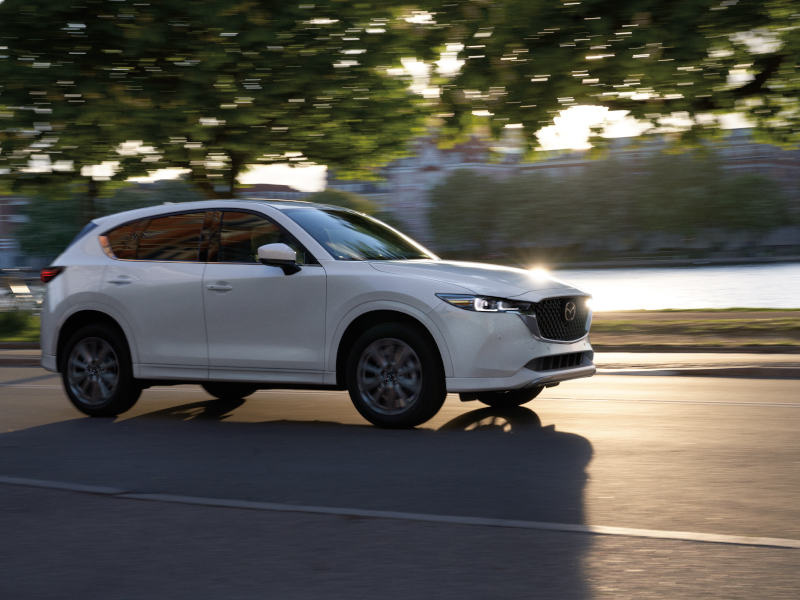
Additional documents to bring when financing or leasing a vehicle
If you plan on leasing or financing a car, you'll need to provide additional documentation to establish your financial standing.
- Proof of income
Lenders and leasing companies will want to see evidence of your income to assess your ability to make monthly payments. Relevant documentation includes recent pay stubs, W-2 forms, profit and loss (P&L) statements, and/or tax returns.
- Credit and financial history
Your credit history plays a significant role in determining your financing terms, interest rates, and eligibility for leasing. Before visiting the dealership, check your recent credit history for any errors or issues. If you find any discrepancies, consider resolving them before making a vehicle purchase to ensure you get the best possible financing terms.
- Proof of residence
To verify your identity and continue with the loan application process, you'll need to prove your current address. This can be done by providing a utility bill, lease agreement, or any official document that clearly states your name and address. If you’ve recently moved to a new primary residence, remember to update all your government documents with the new address to avoid potential setbacks at the dealership.
|
Buyer's Tip: Getting pre-approved for a loan from your bank or credit union can be immensely helpful. Pre-approval not only gives you a clear understanding of your financing options but also strengthens your negotiation position at the dealership, allowing you to go below the resale value or MSRP to strike the best deal possible. |
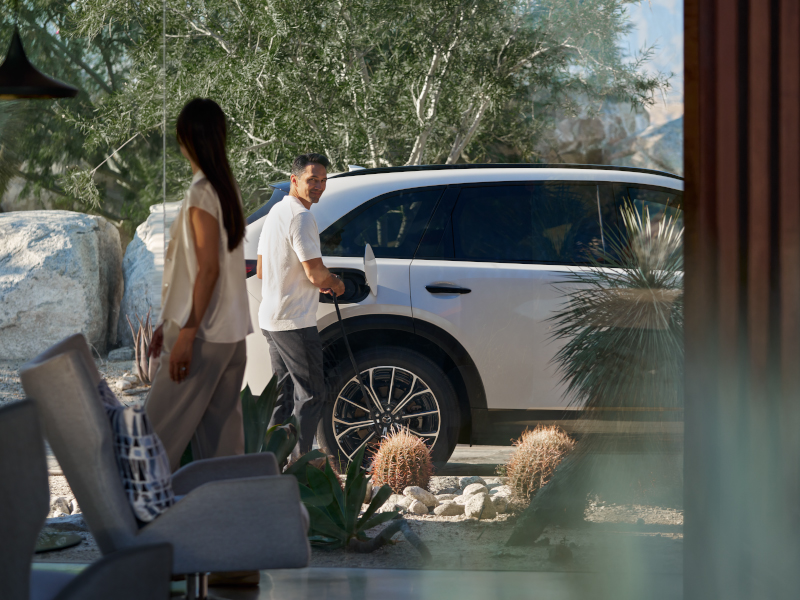
Additional trade in documents to bring when buying a car
- Vehicle registration
If you’re trading in a vehicle, you’ll need to provide your vehicle's registration documents to prove that you are the legal owner. Make sure your registration hasn't expired for a smoother trade in transaction.
- Title or loan account number
If you own your current vehicle outright, you should have the title. If you still owe money on it, be prepared to provide the loan account number, as the dealership will need to pay off your existing loan as part of the trade in process. Bringing a bill of sale with you (if you have it) can serve as additional proof of ownership.
- Service records
While not mandatory, having your vehicle's service records on hand can help demonstrate that you've properly maintained your car. This will help boost its trade in value.
|
Buyer's Tip: Another way to increase your car’s trade in value? Clean it before bringing it to the dealership. Remove personal items, vacuum the interior, wash the exterior, and address any minor cosmetic issues. Well-presented vehicles tend to get higher offers than poorly maintained vehicles. |
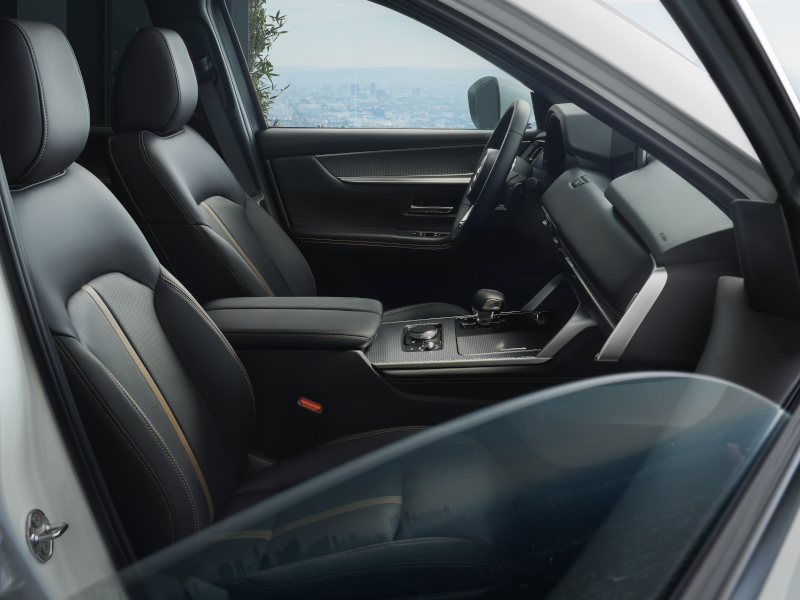
More tips for a stress-free car purchase
-
Allocate a generous amount of time for your dealership visit, as the process can involve multiple steps, including test drives, negotiations, and paperwork. By allowing ample time, you reduce the risk of making hasty decisions that may lead to costly mistakes. Buying a car is a significant decision, and you won’t want to feel rushed.
-
A small detail like an expired driver's license, insurance, or registration can disrupt your car purchase plans. Before heading to the dealership, take a moment to check the expiration dates on these essential documents. Renew any that are close to expiring to avoid complications during the purchase process.
-
Knowledge is power, especially when it comes to negotiating the value of your trade-in vehicle. Before visiting the dealership, utilize online resources to estimate the value of your current vehicle. This knowledge provides you with a baseline number for negotiations, enabling you to engage in these negotiations with confidence.
-
A less-than-ideal credit report doesn't have to hinder your car-buying dreams. If your credit score is on the lower side or if you have limited credit history, consider bringing credible personal references who can vouch for your financial reliability. Credible does not mean your mom or favorite aunt. Landlords, employers, or individuals can attest to your responsible financial behavior and assure potential creditors that you are a trustworthy borrower, potentially improving your financing terms.
-
The car-buying process can be overwhelming, especially when you're face-to-face with a dealer. To answer lingering questions and gather information in advance, you can call the dealership before your visit. Gathering information remotely allows you to digest details at your own pace and come prepared with relevant questions during your dealership visit.

Making your next vehicle purchase a Mazda
From the responsive Mazda3 Sedan or Hatchback to the elegant 3-row CX-90 PHEV to the versatile CX-50 CUV, Mazda offers drivers an array of new and Certified Pre-Owned vehicles to suit every preference and lifestyle.
Visit our online build and price tool to create your dream vehicle based on our existing models, calculate your monthly payments, discover financing options, and even schedule a test drive, all from the convenience of your own home.
Or simply shop our selection of vehicles online and drop by your nearest Mazda Dealer today to test-drive a vehicle that checks all your boxes and gets you excited to be on the road.
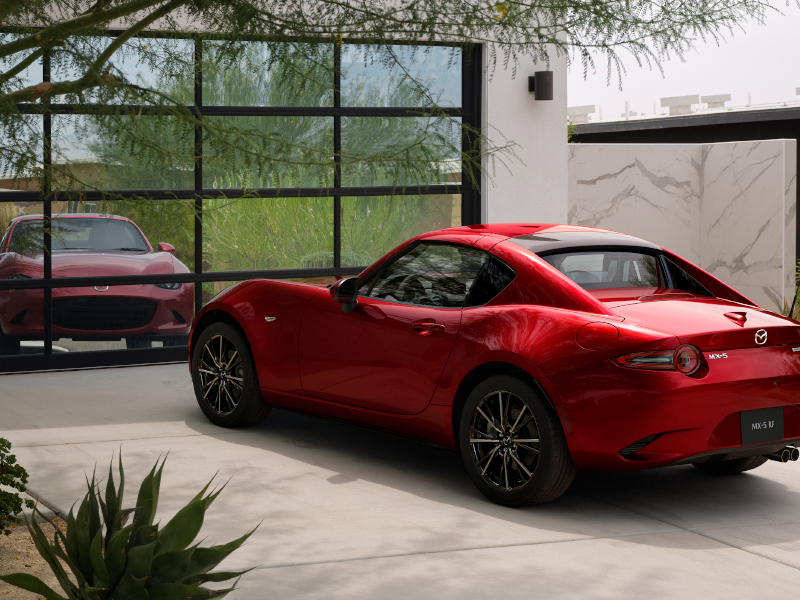
This article is intended for general informational purposes only and is based on the latest competitive information available at the time of posting. Information herein is subject to change without notice and without Mazda incurring any obligations. Please review a variety of resources prior to making a purchasing decision. Visit Resource Center for more articles.

